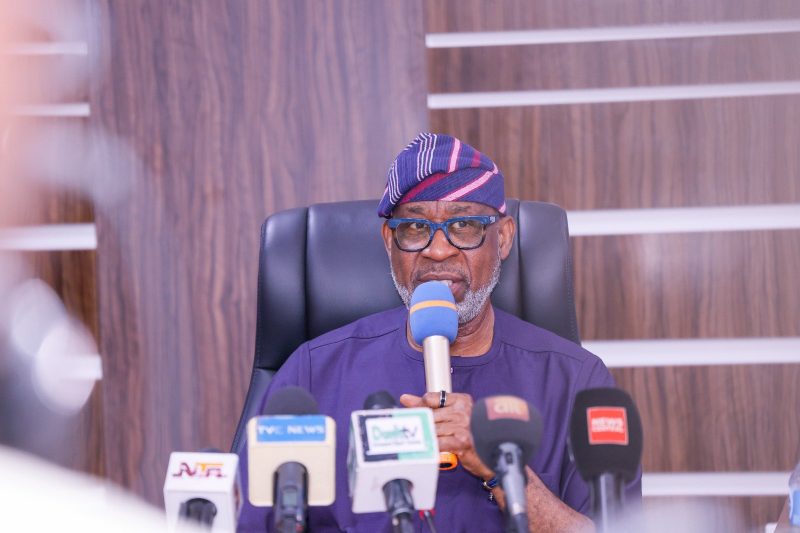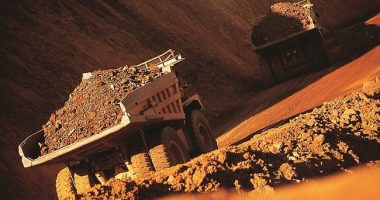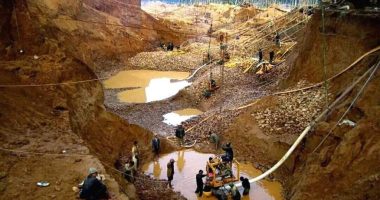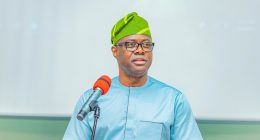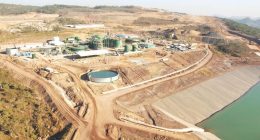The Minister of Solid Minerals, Dele Alake, has outlined decisive steps the federal government is taking to tackle environmental degradation caused by mining activities in Nigeria. Speaking at a World Environment Day event, Alake stressed that while mining drives economic growth, it must not come at the expense of the environment. He highlighted efforts to enforce compliance with sustainable mining practices and rehabilitate degraded lands.
The government has prioritised strict regulation of mining operations, ensuring companies follow environmental standards. Alake noted that regulatory agencies, in collaboration with the Ministry of Solid Minerals, now enforce stricter monitoring systems to ensure compliance. The minister warned that firms failing to meet these standards would face severe penalties.

In a bid to restore ecosystems damaged by mining, the government has initiated land reclamation projects. These involve working with local communities, private investors, and international organisations to rehabilitate affected areas. Alake underscored that these initiatives not only restore ecological balance but also create economic opportunities, such as agroforestry and eco-tourism, for host communities.
The minister encouraged mining companies to adopt innovative, eco-friendly technologies to reduce their environmental impact. He urged operators to explore cleaner energy sources, modern waste management systems, and sustainable extraction methods to minimise their carbon footprints. Alake also emphasised the importance of engaging local stakeholders, stating that community involvement is essential for long-term success.
To address illegal mining and its damaging effects, the government has intensified public awareness campaigns. These efforts aim to educate communities on the dangers of unsustainable practices and the economic benefits of adhering to regulations. The government also seeks partnerships with educational institutions and non-governmental organisations (NGOs) to amplify these campaigns.
Additionally, the government is driving economic diversification to ease reliance on mining. Investments in renewable energy, agriculture, and green infrastructure are key components of this strategy. By expanding the economic base, Nigeria aims to reduce the pressure on its natural resources while fostering sustainable development.
Alake’s active approach highlights the government’s commitment to balancing economic growth with environmental preservation. As climate challenges and ecological degradation escalate, these efforts represent a vital move towards sustainability in Nigeria’s solid minerals sector.



